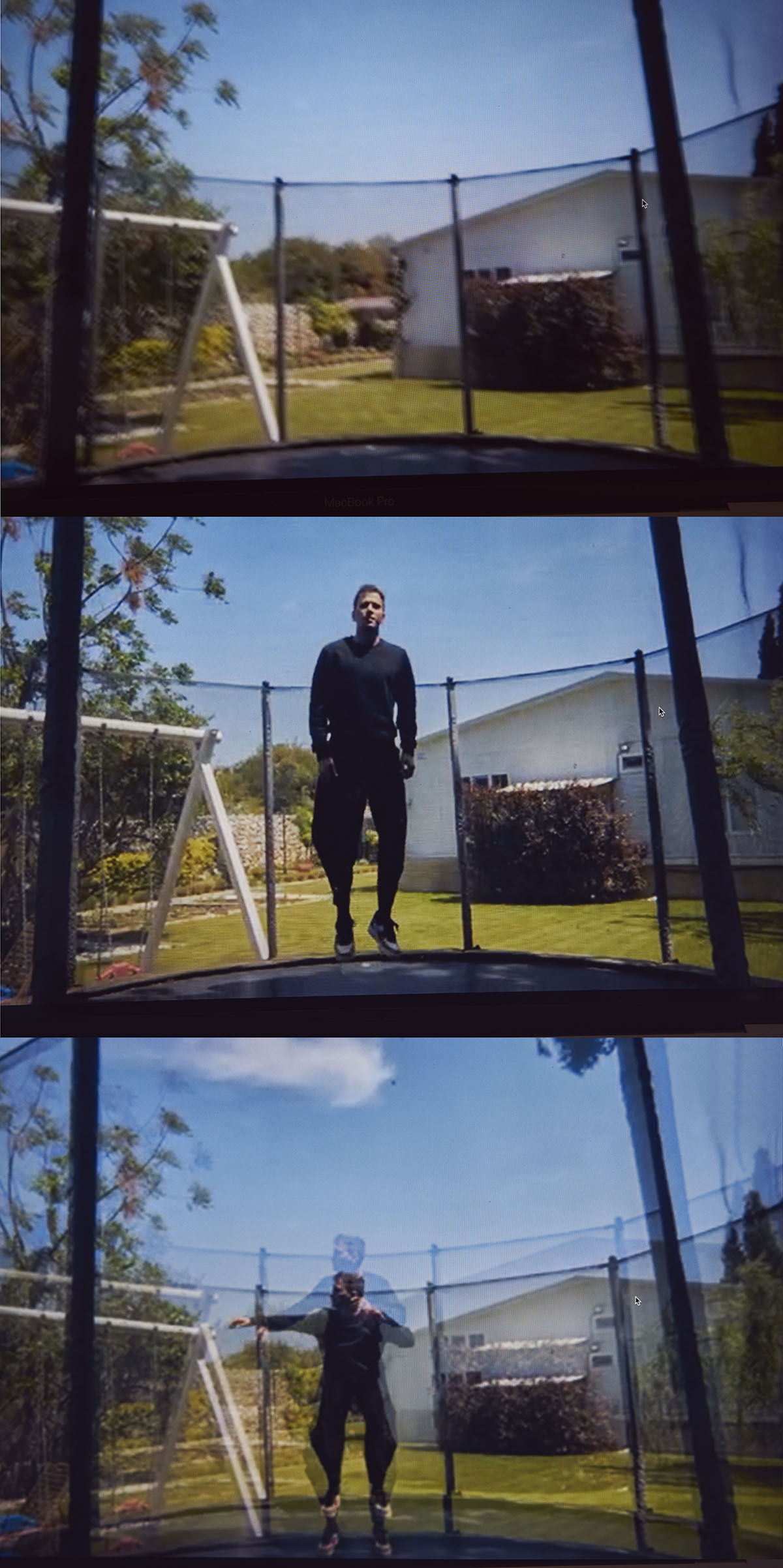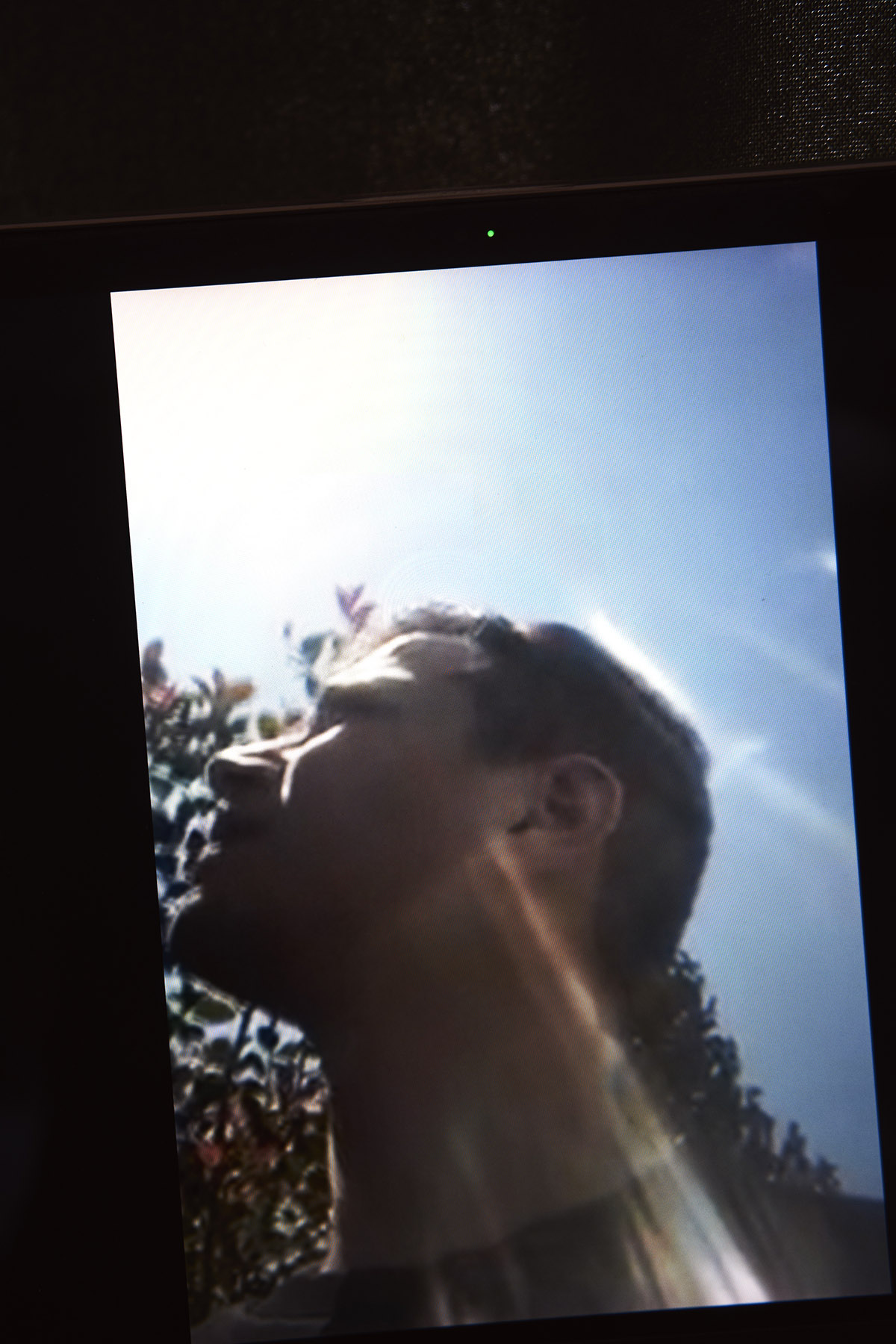101 Ways To Cope With Loneliness: Selahattin Paşalı
Netflix’s new production, Love 101, takes us to high school and makes the ones who are already there think about the future once again! After 8, torrential episodes, Selahattin Paşalı is all we can think about. Ohh! And also, the question, “How can you define normality?” We have already begun to empathize more with Selahattin while talking about where life takes us! Keep reading, and you’ll understand what we mean.
Where does life take you?
I don’t know. That’s impossible to know. And I don’t want to know that anyway. I’m floating in obscurity, and I’m feeding off it. I believe the mystery that comes with obscurity makes life more livable. It harbors hope, and it also harbors death. In fact, I don’t know how important it is where life takes me, where death is present. But I have to admit this. The most significant mental health problem of my generation is “future anxiety.” When I think about where life is taking me, when I try to plan or control life, anxiety consumes me. “Who am I to control life?”, is another question. We’re at a terrific pace and I’m trying to slow down. I remind myself of the words that I love very much, which are claimed to belong to Can Yücel, although it is controversial. “Life is for three days. Yesterday came and went, tomorrow is unknown. Then life is a day, and it is today.” What I’m trying to say is that I’m trying to stay focused on “today”. Wherever life takes me until my last breath, I’ll accept it.
Who decides what is normal? How normal is society? Who’s to say that you and I are abnormal? If you overreact, you’re abnormal, and if you’re compatible, you’re considered normal, is that it?

How close are you to the dreams you had in high school?
I basically had three dreams. I can divide these into three categories, “professional, personal and family.” I’m nowhere near my professional dream. I was transferred to a basketball club in Istanbul at the age of fourteen and my only dream was to be a national team player at the first league level. But I couldn’t do that. I’m now interested in a profession I haven’t even dreamed of, and I have new dreams. From a personal point of view, I had a dream of being a good person in light of what my parents have thought me. As I got older, I realized that “good” is a relative idea and that what is important is to be “human.” I don’t know how “human” I am and it would be best to ask people who know me. But I still hope that I’m close to my dream. Lastly, which was my biggest dream; to be worthy of my family and make them proud. I was never a go-getter. Not till I was 27. It turns out that I don’t have to “get” them anything concrete to make them proud of me. The qualities that make me who I am, the radical decisions I make in life, and the fact that I pay for the choices I make on my own make them proud. Now I’m trying to flatter them by showing them my tangible achievements. No matter how much I make them proud, I owe them so much, but I hope I’m “there” when they need me.

How would you define normality?
Definition of normal is, “conforming to the standard or the common type, the usual, the regular, natural” and the opposite of normal is abnormal and it is, “not conforming to the standards or the common type, the unusual, the irregular, the unnatural”… But personally, I can’t define both normality and abnormality. Is everyone around us who fits into our lives and our ideas normal and those who do not abnormal? Who decides what is normal? How normal is society? Who’s to say that you and I are abnormal? If you overreact, you’re abnormal, and if you’re compatible, you’re considered normal, is that it? Yet, those who know the magnitude of the fire inside me can take the extreme reaction I have shown as normal. So, both normality and abnormality are relative. Normal and abnormal may also vary as a result of individual factors such as the environment in which a person grows up, moral values, ethical awareness, thought system, and empathy skill. But I think that if every individual had come into the world on equal terms, maybe then there would have been a sharp distinction, a clear answer to the definition of normality.

Does having a common purpose unite people?
I think the purpose is really important there. In history, wars and massacres took place because of the union of people who had a common purpose, and the discovery in the scientific world that DNA is a double helix happened within the same union. I am not the authority to decide whether it is right or wrong for people to unite for a common purpose, or whether the common purpose of their union is good or bad. However, I would like to answer this question through art because it is related to the profession I’m dealing with. I believe that art is neither for art nor for society. I think art is for humans. Theatre, for example, is the art of telling the story of humans, to humans, with humans, humanely. Whatever branch of art you talk about, regardless of the language, religion, and race, art is universal. So, when we go to see or listen to the works produced by an artist we love, we experience the feeling of “being one,” even though the works evoke similar or different universal feelings. After all, aren’t we already “one”? When I come out of a play, I feel like I’m not alone in life, if the play’s conflicts relate with mine, too. At that point, I feel that I am one with people who have put this conflict on the screen, on the painting, in dance, in writing, or in music. If it doesn’t, I’m trying to empathize. So, if our common purpose is art, if it is to produce, I can say that art heals and unites.
If passion dies, everything dies.

How would you define love?
The definition of love is a good topic to discuss because it has no clear definition. Some scientists think it is linked to the chemical reactions in the frontal lobe and thalamus in the brain. On the other hand, literary people are more inward, oriented towards emotions, and wrote down eulogies, poems, and stories about it. In psychological terms, Freud defines it as “the reconstruction of the sense of unity we felt before the emptiness created by the separation from the mother”. I try to find the definition of love through my life experiences and what I’ve read about it. Sometimes I think libido is mistaken for love, I never believe that love is everlasting. Sometimes I think love is a narcissistic thing. Being in love with yourself through the eyes of the other person. For some reason, for me, love is scary, equal to pain. Like, “You only love them when you let them go.” I think when you have something, the value you place upon that thing lessens. If passion dies, everything dies. It seemed safer for me to act with reason until now. Getting to know them in time, loving the features that make them “them”, being infatuated with their stance in life, their fight with life. Making their problems, yours. But like I said, in time…

Interview Duygu Bengi
Photography Burcu Karademir